Kitten’s Story: Living With Feline Immunodeficiency Virus
How I met and fell in love with Kitten
In the beginning of 2011, an animal health technician I worked with at a research facility mentioned to me that she had a young cat hanging around her house in the winter. She had tried to find its home and contacted the local pounds and shelters to no avail. The cat was underweight, did not appear to be spayed and was hungry. Alas, her own cat – a huge white male with two differently colored eyes named Fletch – would not accept this newcomer into the home.
When I met Kitten, her affectionate behavior, the white smudge above her lip and her white throat “scarf” melted my heart. I brought her home to my group of misfits; we had several rescues at the time. Worried that she may be pregnant since there was no evidence of a spay, I took her to a veterinarian. She luckily was not pregnant. They also checked her for a tattoo and microchip and found none. She also had a broken canine, which was undoubtedly a remnant of rough adventures during her past life. We had her spayed and vaccinated and had the broken tooth removed. She was believed to be around 8 months old.
We called her Kitten because she was so small with short little legs. Over the years she has filled out and is no longer skinny but has kept her small stature, so the name Kitten stuck.
Kitten loves to drink from running water, the faucet of our bathroom being a favorite. She will demand the tap be turned on for her to drink from when we enter the bathroom. Too dignified to drink from a cat bowl, she will dip her paw into other water sources such as water bowls and lick the water off her paw.
Kitten is a favorite of our dog Cookie, a chihuahua pug cross. I think Kitten’s small size puts our little neurotic cross at ease, and she will readily approach her for a good sniff.
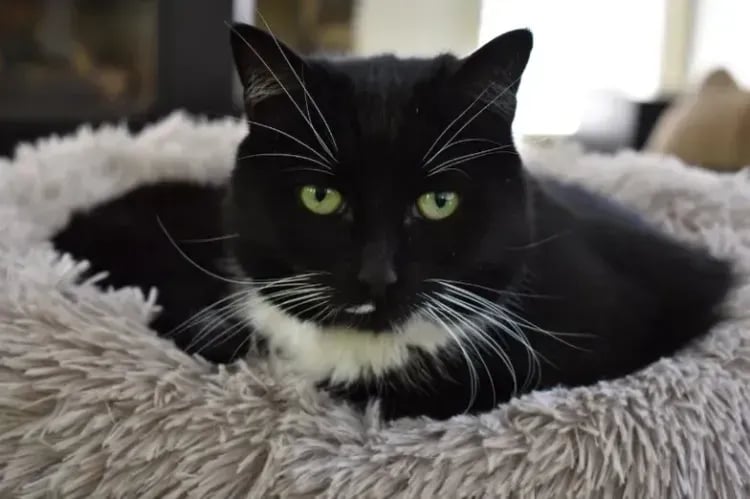
Animal research benefits our pets
Cats’ lives like Kitten are greatly improved by the work of animal research. From developing better tests so that diseases can be diagnosed earlier and more accurately, to increasing the safety and efficiency of anti-inflammatory medications and analgesics and making them easier for our pets to tolerate, to the development of treatments that eliminate the symptoms of FIV and will hopefully lead to a cure one day, animal research is vital to the health and well-being of our beloved pets.
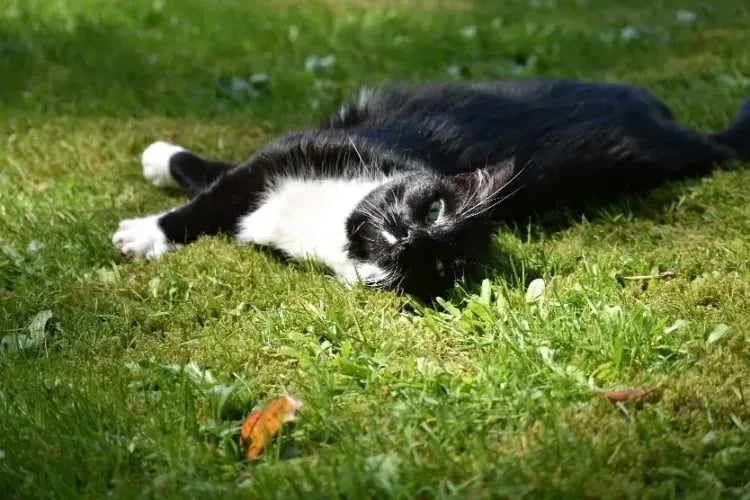
The diagnosis
In July 2016 Kitten had a case of diarrhea that did not resolve after a few days. She also had lost weight and her coat was dull. We brought her into the veterinary clinic, and a FIV test was performed. She tested positive. Kitten was given antibiotics for an infection, the cause of the diarrhea. She recovered quickly and we remained vigilant on her weight and activities.
In 2019 she also developed another serious infection in which she was given antibiotics, fluids and anti-inflammatories. Cats with FIV are more susceptible to secondary infections and can develop FIV-related cancers. We put her on a prescription diet made especially for cats with sensitive gut flora. She quickly put on more weight.
The good news is that cats with FIV like Kitten can live with other cats. On occasion, Kitten can be found cuddling with Jack, another furry family member. Cats with FIV can also have a normal life expectancy. Kitten is now 11 years old and going strong. She demands attention and affection, and she has a strong appetite for treats and her prescription food! (ALSO READ: Izzy’s Story: The Cat Who Was Allergic to Everything)
Animal research also improves the quality of life of our pets from the development of parasitic controls so that our pets’ immune systems are not weakened further, to the development of prescription diets that meet their unique needs.
Animal research also allows us to provide the best palliative care for our pets when all we can do is keep them comfortable in their last days. This includes the development of safe and effective analgesics, supportive care treatments, immune boosters and much more. Thank you, animal research, for helping Kitten live a long and happy life with the rest of my family.
Christina Barnes is the animal care program manager at ImmunoPrecise Antibodies Ltd and the president of the Canadian Association for Laboratory Animal Science (CALAS/ACSAL).
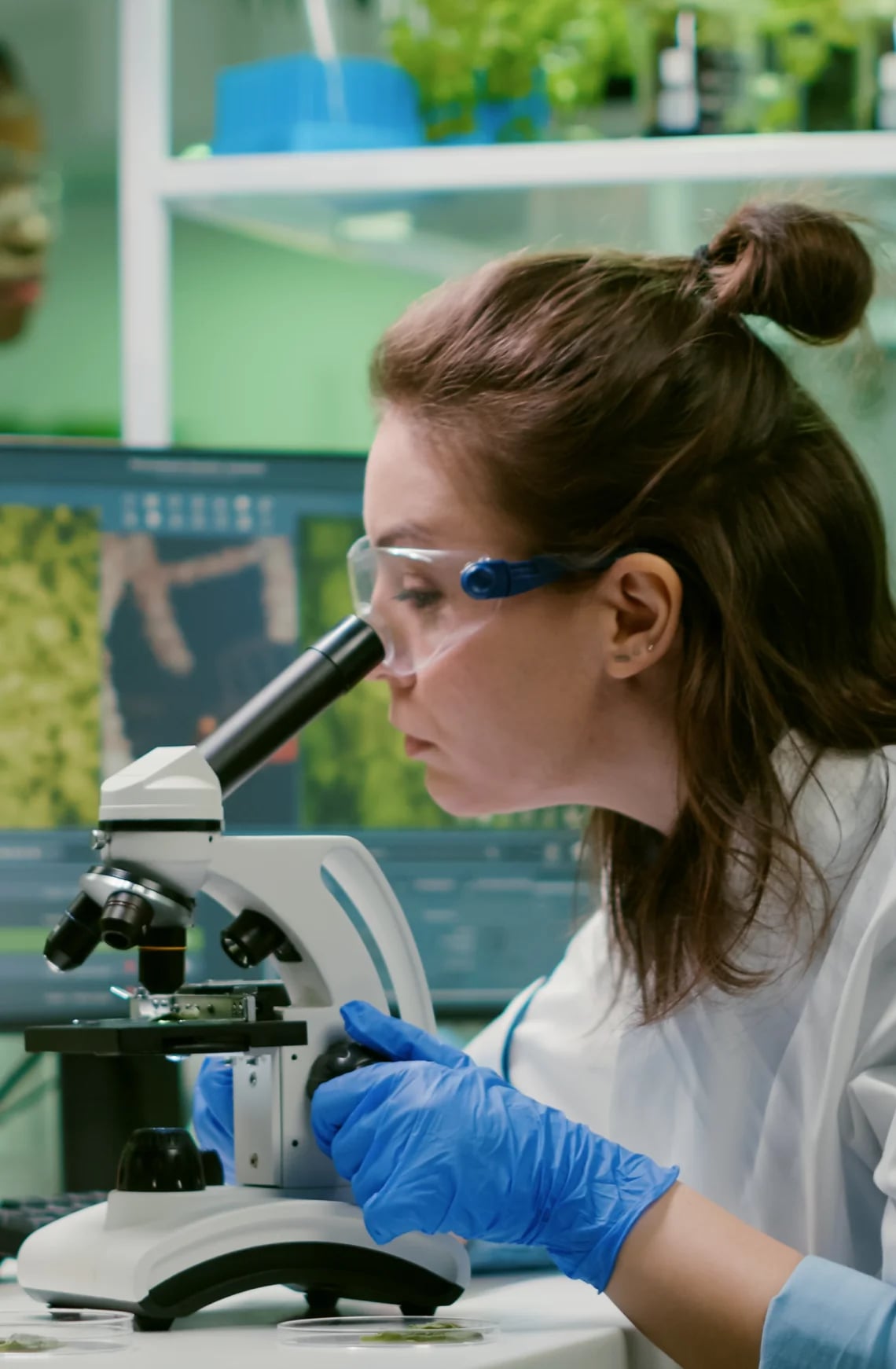






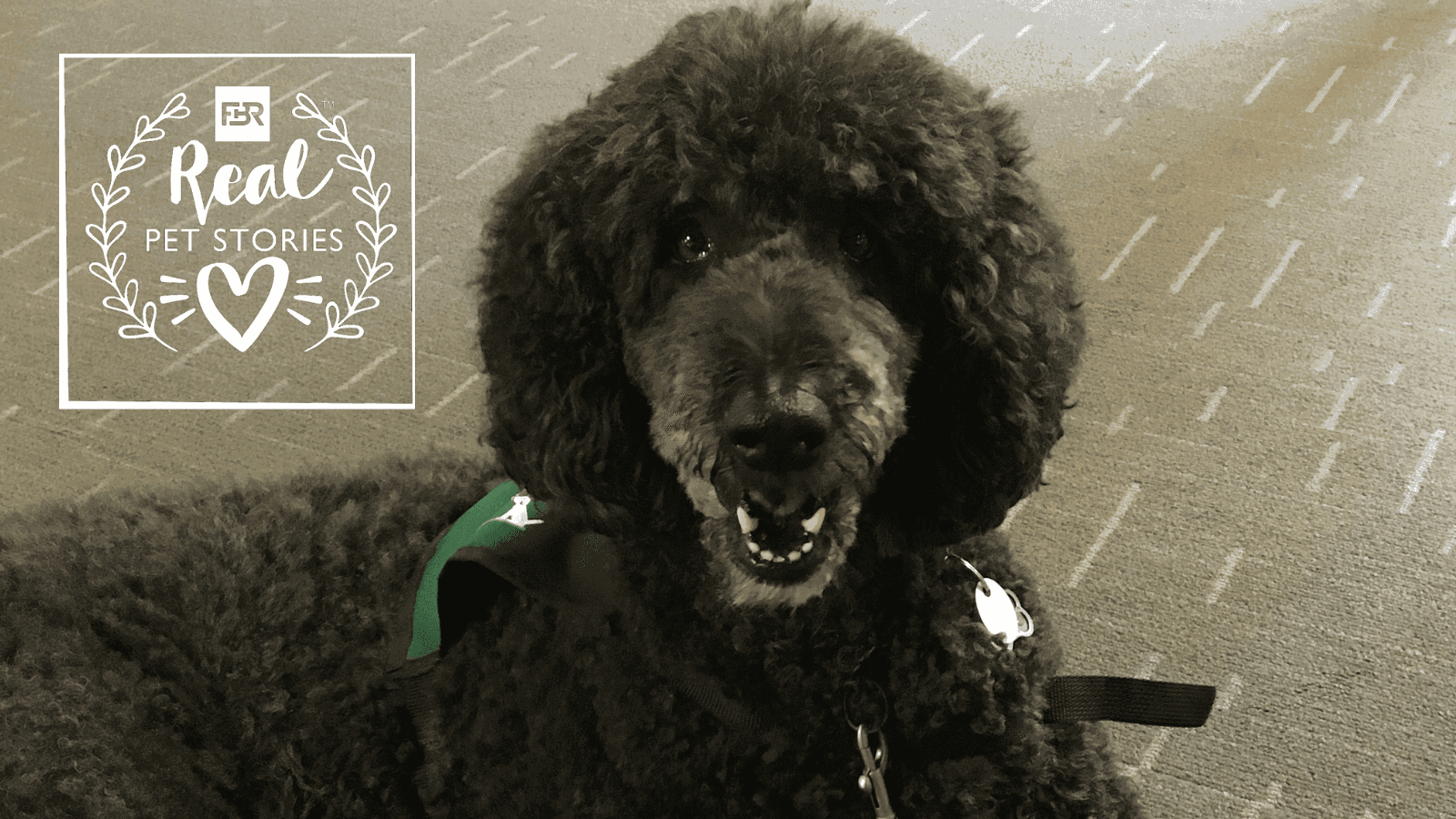





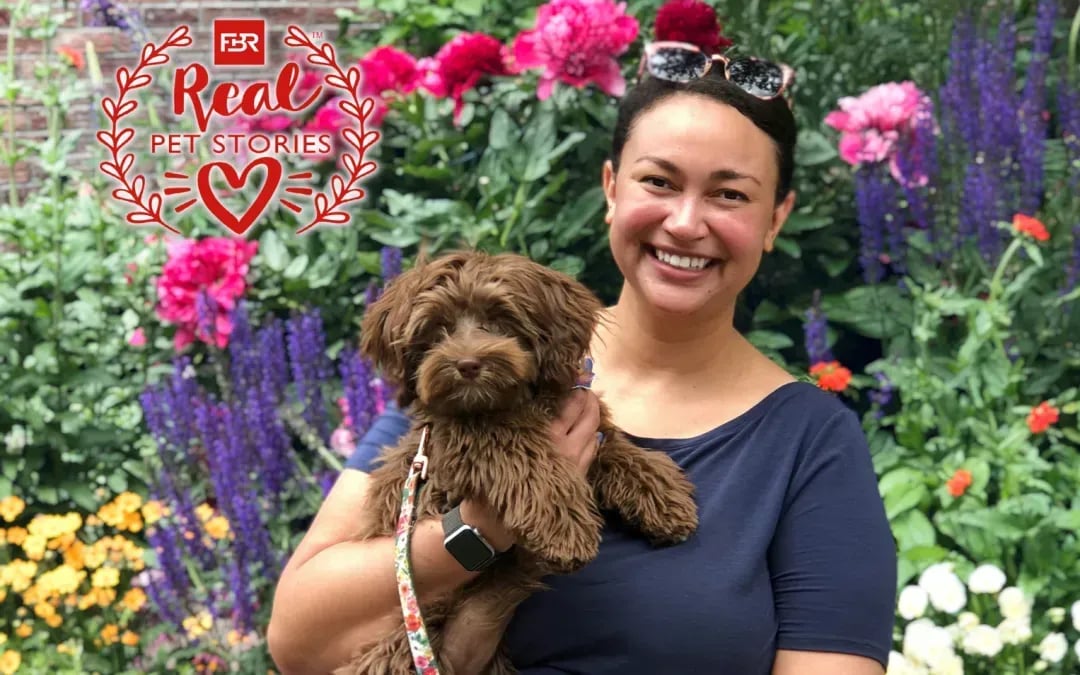
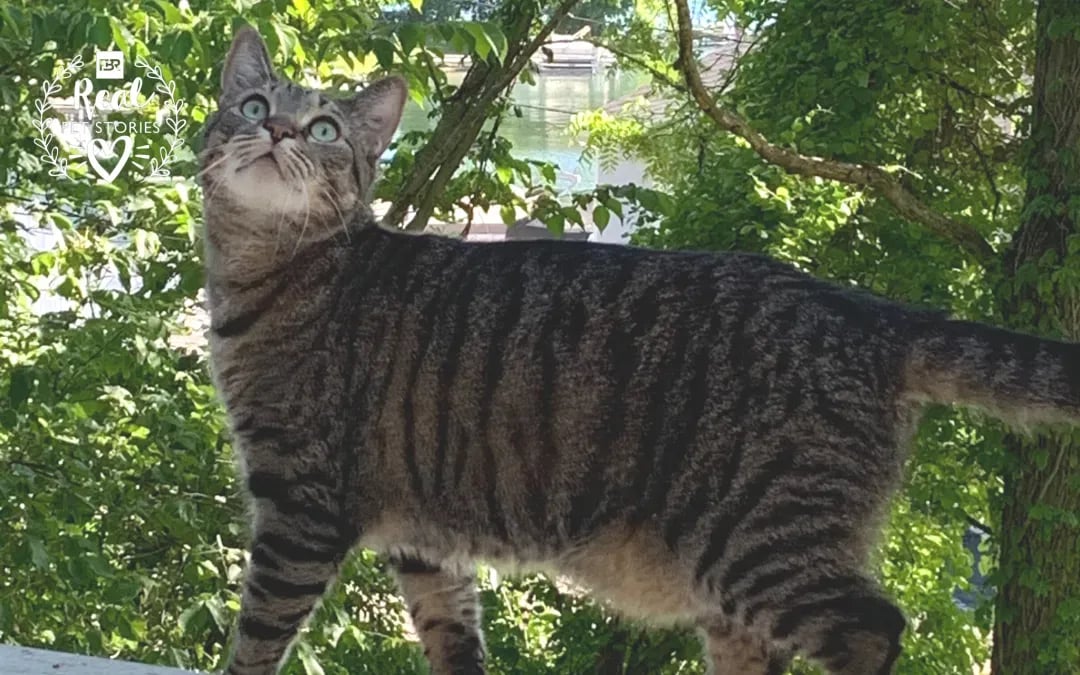
Leave a Comment